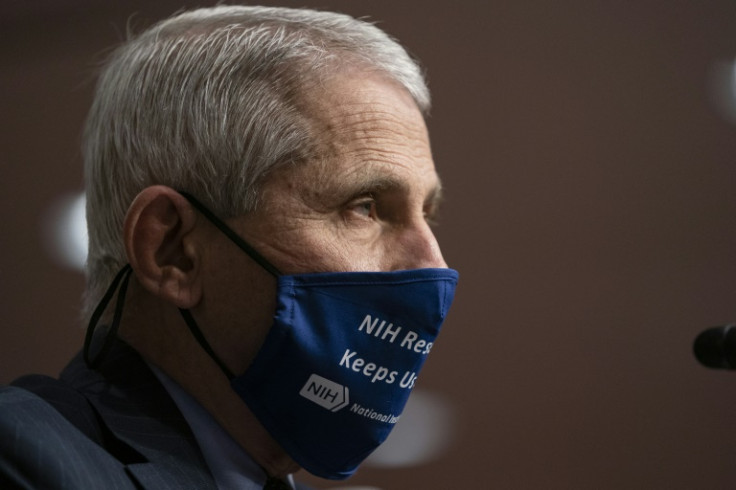Over 10 Million Children Lost A Parent Or Caregiver During COVID-19 Pandemic, Study Finds
KEY POINTS
- The study is based on WHO data
- The pandemic left 7.5 million children orphaned
- They are likely to experience a heightened risk of poverty, exploitation and sexual violence
An estimated 10.5 million children lost a parent or a caregiver due to the coronavirus pandemic as of May 1, according to a new study.
The study, published in the JAMA Pediatrics, highlighted that though all the focus globally was on reining in the pandemic, little attention was paid to its indirect cost on children deprived of parental care. The pandemic left 7.5 million children orphaned, while three million children lost a primary caregiver, researchers said.
"The death of a parent or caregiver places children at a heightened risk of lifelong adversity unless given appropriate support in time," said lead author Dr. Susan Hillis, co-chair of the Global Reference Group on Children affected by COVID-19 and Crisis.
Urging authorities to take immediate action, first author Joel-Pascal Ntwali N'konzi, of the African Institute for Mathematical Sciences, said, "The more than 10 million children left without caregivers by COVID-19 will face all kinds of challenges."
"In my continent, Africa, more than 2.5 million children are affected, and as they struggle to survive without caregivers, they face increased risks of violence and sexual exploitation. The best time to act to help these children and their families is now," she added.
The study was a collaborative effort between the University of Oxford, Imperial College, the African Institute for Mathematical Sciences, the Centers for Disease Control and Prevention (CDC) and the World Health Organization (WHO).
The first-time availability of detailed data on excess deaths for every country allowed the scientists to make an updated assessment of global minimum estimates of children who lost a parent or a caregiver.
Excess deaths are the difference between observed and expected cases in a specific time period. This figure can give an idea about the mortality potentially on account of the COVID-19 pandemic.
Based on data provided by the WHO, the Economist and the Institute for Health Metrics and Evaluation, researchers employed mathematical modeling to arrive at global estimates.
Children without a parent or caregiver are likely to experience a heightened risk of poverty, exploitation or sexual violence, HIV infection and mental health problems.
"To reduce the risk of such consequences, evidence-based care for children centers around these three components: prevent caregiver death through vaccines, containment, and treatment; prepare families to provide kinship care, foster care, and adoption; and protect children from poverty, childhood adversity, and violence," Dr. Hillis commented. "These strategies will put the programmatic and financial infrastructure in place to secure a better future for children and families around the world."
Juliette Unwin, of Imperial College, said a child who lost a parent at the beginning of the pandemic remains a child without a parent even now.
"We cannot ignore the needs of ten million children who have lost a mother, father, caregiving grandparent or other relative," said senior author Dr. Seth Flaxman, associate professor of computer sciences at the University of Oxford.

© Copyright IBTimes 2025. All rights reserved.





















